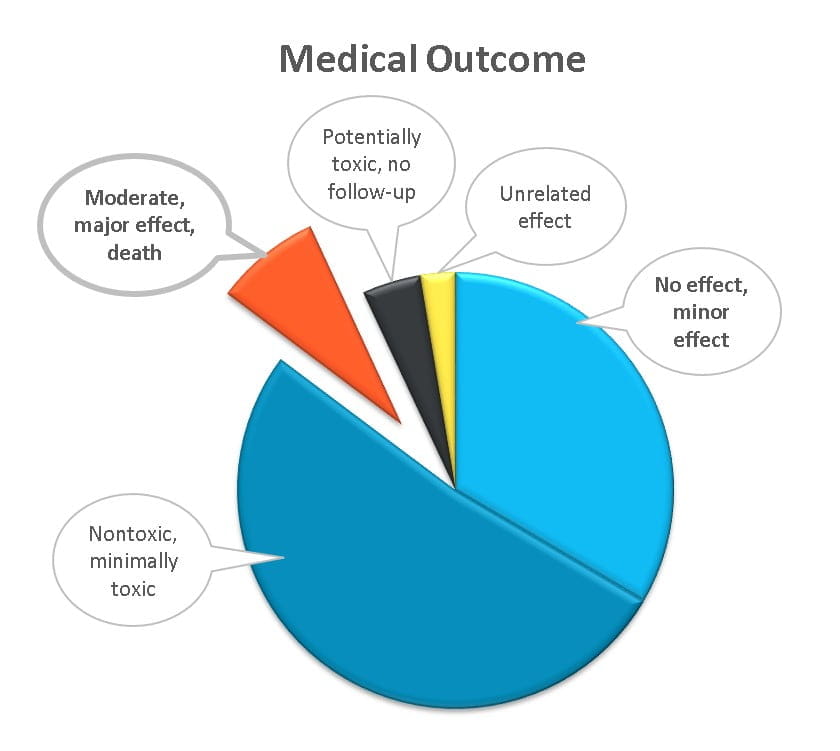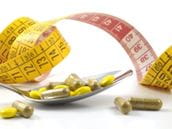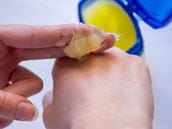
Privacy Policy
NCPC Privacy Policy
Displaying 151 - 160 of 382 results for "prescription medication label information"
NCPC Privacy Policy
Many weight loss supplements contain ingredients that are contaminated, ineffective, dangerous, or actually illegal. Some people become ill after taking these products. Some have interactions with medicines. It can be hard to get your money back. Worst of all, these products often don't help.
Clenbuterol is a medication used to treat asthma and COPD in some countries, but it is not FDA-approved for human use in the United States. It is widely misused for possible anabolic and fat-burning effects, which have only been shown in animals. Clenbuterol causes toxicity at low doses. Symptoms include tremors, high heart rate, low blood potassium, seizures, and cardiac arrest.
Ketamine is an anesthetic drug that is also used as a treatment for depression. Because it can cause a sense of dissociation and euphoria, ketamine is also misused as a “club drug”. Ketamine has side effects, including psychological disturbances, and should only be used under direct physician supervision.
Lyme disease is an infection caused by tick bites. Infected ticks are carried by deer and other outdoor animals. Lyme disease usually causes a rash around the bite. Other early symptoms can include chills, fever, headache, fatigue, and joint pain. Joints, the nervous system, and the heart are sometimes damaged. Lyme disease is treated with antibiotics.
In 2016, U.S. poison control centers provided telephone guidance for nearly 2.159 million human poison exposures. That's one poison exposure reported every 14.6 seconds. While poisoning affects ALL age groups, peak poisoning frequency occurs in one and two year olds, with children younger than 6 years comprising nearly half of poison exposures (46%). Since 2008, poisoning fatalities have exceeded those from motor vehicle traffic.
What is a poison exposure? Toxicologists use the term "poison exposure" instead of "poisoning" to refer to an incident involving a person who swallows or comes in contact with a substance that might be poisonous. Contact could be swallowing, splashed in the eyes or on the skin, breathed in, or injected.
Petrolatum is a common household product used in many medicated ointments. It is also used as a moisturizer. Petrolatum is generally considered nontoxic when consumed but should not be applied to the eye or within the nose due to risk of irritation or other side effects.
Pill esophagitis occurs when capsules or tablets get stuck in the esophagus (food pipe) and cause tissue damage. Antibiotics, including doxycycline, and gelatin capsules are common causes of pill esophagitis. This condition is often painful, but typically resolves after discontinuation of the offending medication.
Ramelteon is a drug that is prescribed to help people fall asleep faster. It typically causes only mild side effects.
Don't guess what you should do. Get accurate Poison Control answers online or by phone. Both are free and confidential.
or CALL 1-800-222-1222
The Poison Post® is a free, quarterly
e-newsletter delivering poison prevention tips right to your inbox!
Learn the Poison Help jingle in English or Spanish. Use these jingles to teach the Poison Control number: 1-800-222-1222. Available for download.










